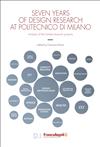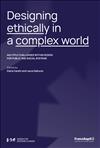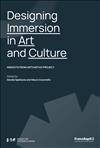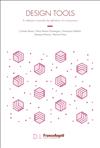
Analysis of the funded research projects
Which are the main research funds currently accessed by the Department of Design? What are the topics explored through them and which are the interconnections with the Department core research activities? Also, what are the research products delivered, the reached outcomes, and the expected impacts BY these research projects? The book synthesises the results of a qualitative analysis conducted over 32 research projects coordinated or participated in by the researchers of the Department in the timeframe 2014-mid 2021. The results of the analysis confirm the high-level attractiveness of the Department research profile on core topics such as design methodology, service design, and health.
cod. 10319.19








